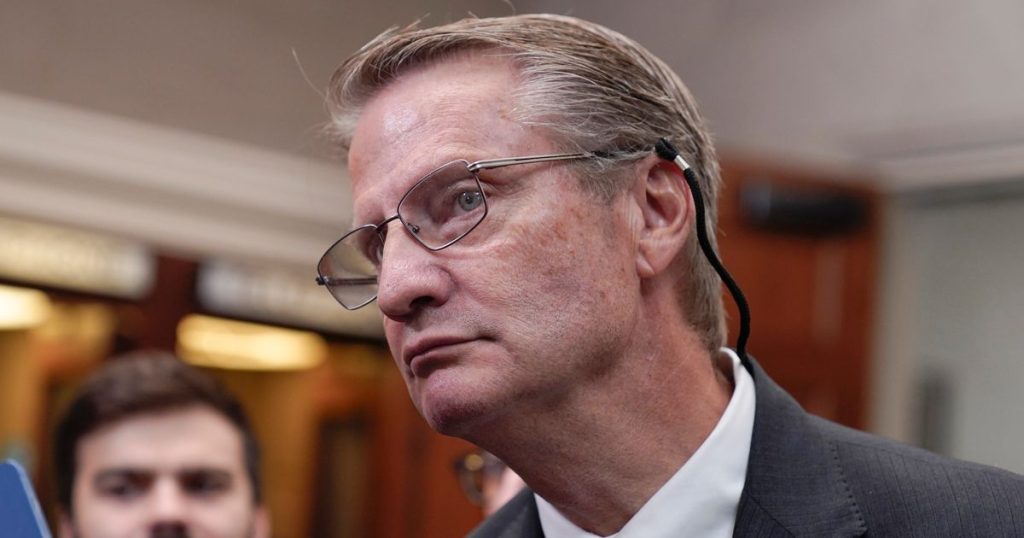Rep. Tim Burchett, a Republican from Tennessee, is facing a lawsuit for a tweet falsely identifying a Kansas man as the mass shooter responsible for the recent deadly attacks in Atlanta and Boulder. The tweet, which has since been deleted, included a photo of the man and accused him of being the shooter. The man, who is a private citizen with no connection to the incidents, has received death threats and experienced significant distress as a result of the false accusation.
The lawsuit against Rep. Burchett alleges that he acted negligently and recklessly by posting the tweet without verifying the information or consulting with law enforcement. The plaintiff is seeking damages for emotional distress, defamation, and invasion of privacy. The lawsuit also accuses Rep. Burchett of using his official government Twitter account to spread false information that could incite violence against the wrongly accused individual.
In response to the lawsuit, Rep. Burchett has issued an apology to the man and his family, stating that he deeply regrets the error and takes full responsibility for the mistake. He has also offered to cover any legal fees incurred by the plaintiff as a result of the incident. The apology was accompanied by a tweet clarifying that the man is not the shooter and urging the public to refrain from further harassment or threats against him.
The incident has sparked a debate about the responsibility of public officials to verify information before sharing it on social media. Many critics have pointed out that false accusations can have serious consequences for individuals, particularly in cases involving mass shootings or other acts of violence. Some have called for Rep. Burchett to be held accountable for his actions and to take steps to prevent similar incidents from occurring in the future.
The lawsuit against Rep. Burchett highlights the growing concern over the spread of misinformation and fake news on social media platforms. Inaccurate and misleading information can quickly go viral, leading to harm and harassment of innocent individuals. Public officials, in particular, have a responsibility to exercise caution and diligence when sharing information online, as their words and actions can have far-reaching consequences.
As the lawsuit moves forward, it will be important to consider the broader implications of this case for how public officials use social media. The incident serves as a reminder of the power and influence that elected officials hold, and the need for them to act responsibly and ethically in their use of social media. Ultimately, the outcome of the lawsuit will provide an important precedent for holding public officials accountable for their actions online and ensuring the protection of individuals from false accusations and harassment.








